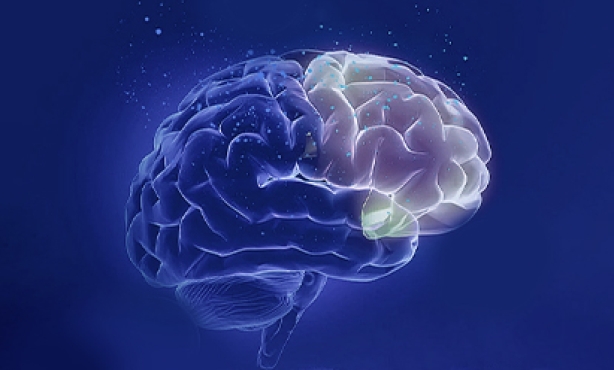Introduction
The endocrine system regulates various physiological functions through hormones, including growth, metabolism, and reproduction. Hormonal imbalances can lead to various health issues, making it essential to understand hormonal balance for maintaining health.
Role of the Endocrine System
The endocrine system comprises glands and tissues that secrete hormones into the bloodstream to regulate different body functions. For example, the thyroid gland secretes thyroid hormones to regulate metabolism, while the pancreas secretes insulin to control blood sugar levels.

Symptoms of Hormonal Imbalance
Hormonal imbalances can cause a range of symptoms, such as weight changes, fatigue, mood swings, and irregular menstrual cycles. Common hormonal imbalance issues include thyroid disorders, diabetes, and polycystic ovary syndrome (PCOS).

Maintaining Hormonal Balance
Key to maintaining hormonal balance is a healthy lifestyle. A balanced diet, regular exercise, adequate sleep, and stress management help keep hormone levels stable. Additionally, regular check-ups and consulting with a healthcare provider can help identify and address hormonal imbalance issues.

Conclusion
Hormonal balance is crucial for overall health. By adopting a healthy lifestyle and undergoing regular health check-ups, we can effectively maintain stable hormone levels and support normal body functions.

References
· Melmed, S., et al. (2023). The Endocrine System and Hormone Balance. Journal of Endocrinology, 252(2), 149-160.
· Giudice, L. C., et al. (2022). Polycystic Ovary Syndrome and Hormonal Imbalance. Reproductive Biology and Endocrinology, 20(1), 13-24.
· Biondi, B., & Cooper, D. S. (2024). Thyroid Dysfunction and Hormonal Health. Current Opinion in Endocrinology, 31(1), 24-32.

 EN
EN
 FR
FR




